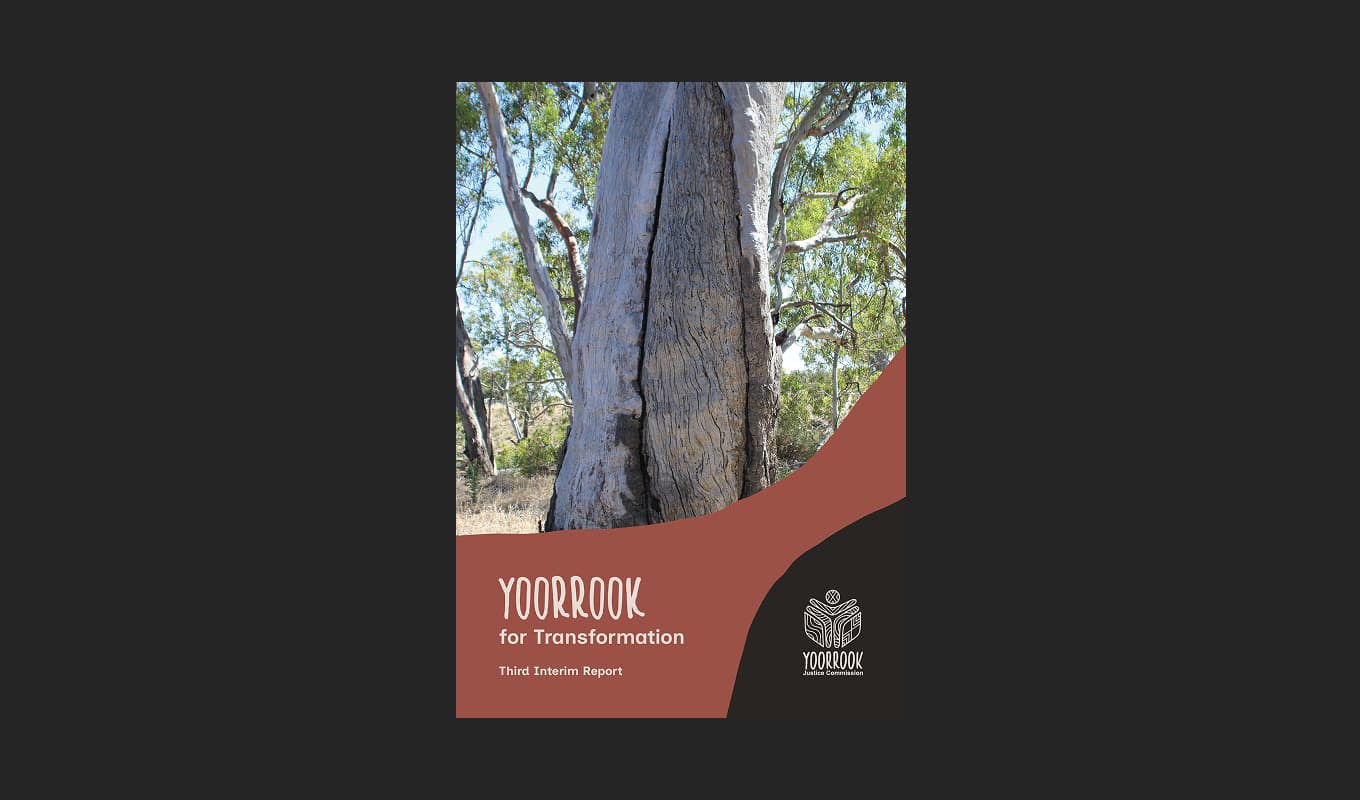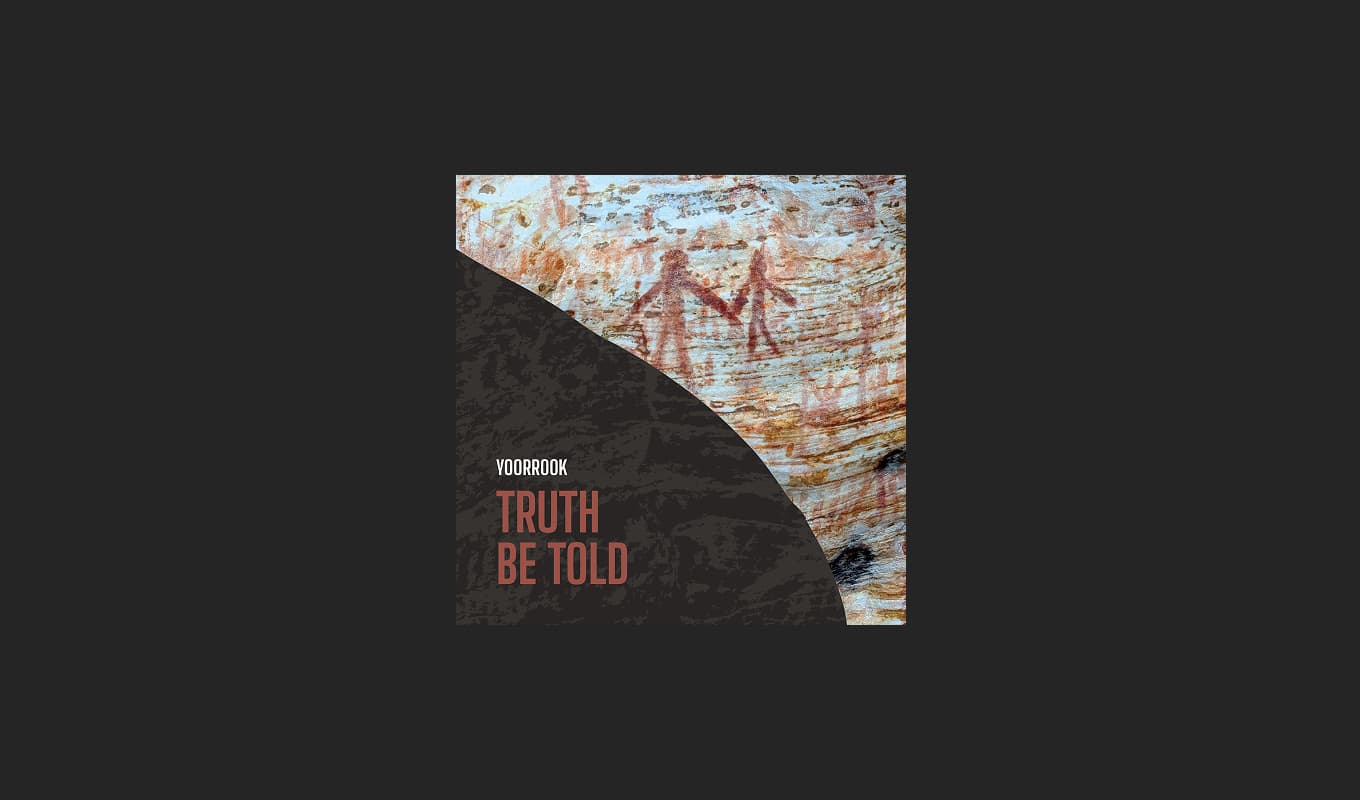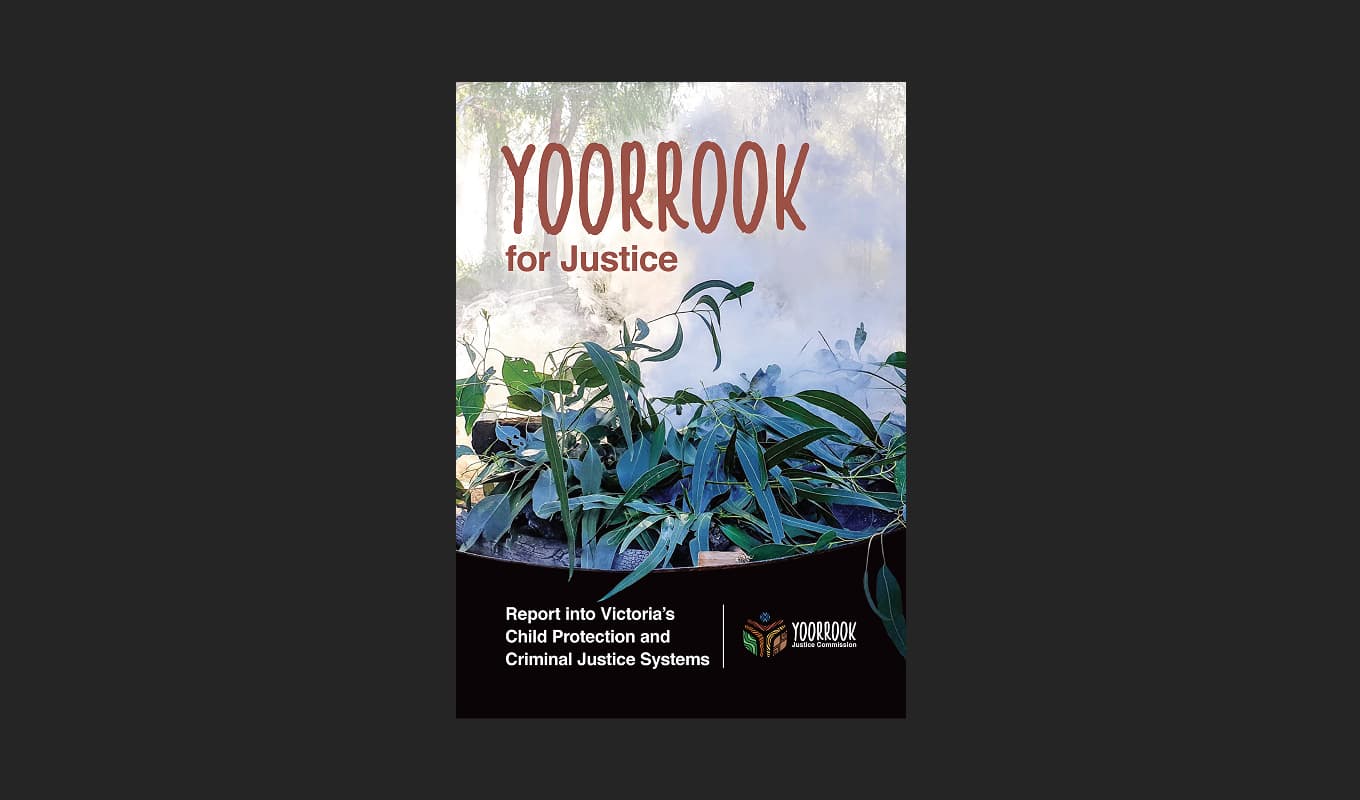Chenile Chandler
Chenile Chandler is a proud Wurundjeri woman of the Kulin Nations. In this submission, Chenile reflects on the impact of the Voice referendum and treaty, while highlighting the importance of community strength and the need for systemic change.
Submission Transcription
It’s definitely changed within the last eight to 10 months since the referendum, to be completely honest. I (indistinct) I’m a singer, so I traditionally sing in my language at large events, you know the ‘G, at the Footy and most recently I’ve found that I’m saying no, and – and I’m really ashamed of that. I don’t know, it’s so small, but I feel like I’m letting down my people and my
ancestors for not standing up, then continue with the fight. But I guess that’s why I’m sort of forcing myself to be here and to sing again and I know that so many of us feel like that.
But I guess I can take in pride that I think Victoria is quite progressive in terms of other States and so I’m proud of that, especially with Yoorrook and treaty, but – want to change up the beat, that song. So I’m proud in that sense, but it has been hard over the last few months. But I’m sort of getting back to happy, anyway, being proud.
It’s been mostly positive. Like I said, I – with my performing and everything, it’s – I’ve always had compliments. I’ve never had sort of any negativity and I’ve been really fortunate in being surrounded by mob and culture, no – not everyone has that and so I’m really grateful for that. And strong leaders in my family and my community. So that has always been a big positive for me, and I think the referendum hit me so hard because I didn’t quite – I guess I was sheltered from that racism. I was always surrounded by this, such positivity and it really did strike me by
surprise that I was surrounded by so much racism because I hadn’t actually experienced that much myself, being a white kid.
I think the no vote winning, it’s allowed a lot of that racism to come forward because I guess a lot of people had the mentality that the yes vote was in majority and so now that it’s since been accepted that it was a no vote and people didn’t want us to have a voice. But it’s allowed and felt like – feel like others are able to have those sort of racist opinions and speak them loudly.
Definitely treaty. And I think a voice definitely needs to be had, you know, people making policy changes that aren’t us, you know, making decisions for us, not with us. So, you know, I’m all for lived experience and you can’t learn these sort of things from a book. So that’s definitely the change that I think needs to happen.
Truth-teller consent
Contact us about this submission
Contact us if you’d like to discuss this submission.
Similar submissions
Explore submissions from other witnesses that discuss similar topics.
Prof. Mark G. Brett
Prof. Mark G. Brett's paper, "Reinventing Waste Land as a Colonial Legal Fiction," explores the historical development of the concept of waste land fr... more
Anonymous 1481
The author has a broad understanding of colonisation’s impact on First Peoples but feels Victoria's education system was extremely limited in teaching... more
Denise Cusack Sister of Our Lady of Sion
Denise Cusack, Sister of Our Lady of Sion, found attending some of the Yoorrook Justice Commission public hearings to be a deeply moving experience,... more
Melissa Turnbull
Melissa Turnbull describes the brutal colonisation of Victoria, including undocumented massacres and displacement of First Peoples. Her education on F... more
Reports and Recommendations
Read the official reports and recommendations of the Yoorrook Justice Commission.

Yoorrook for Transformation
Third Interim Report: A five-volume comprehensive reform report presenting evidence and findings on systemic injustices, and specific recommendations for meaningful change to transform the future.

Truth Be Told
An official public record that documents First Peoples experiences since colonisation, preserves crucial testimonies for future generations and creates an enduring resource for education and understanding.

Recommendations for change
Yoorrook Justice Commission’s recommendations for truth-telling, justice, and systemic reform in Victoria.
